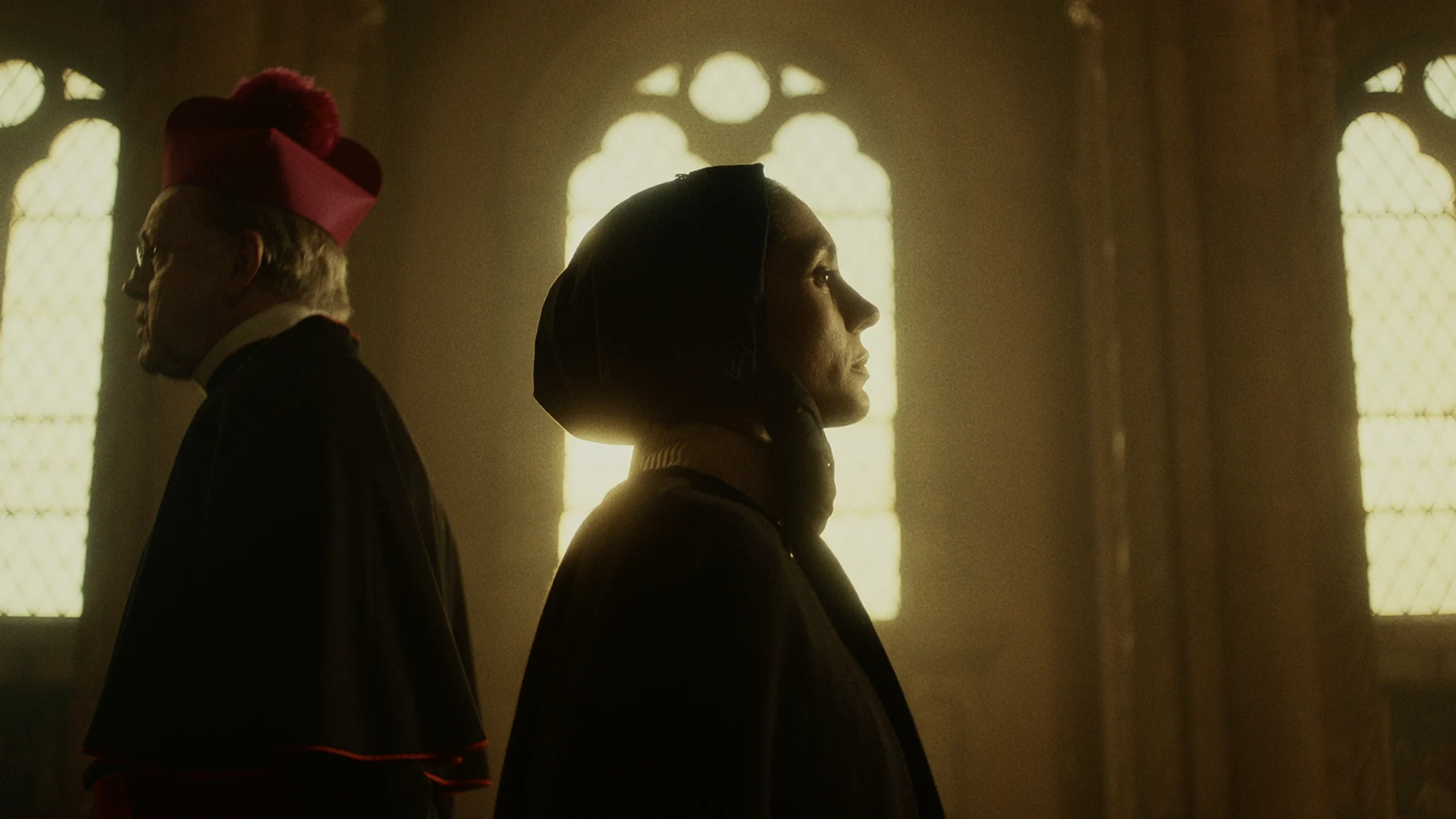ShareWhat if I told you there was an exquisitely filmed and brilliantly acted new movie about the construction of one of history’s great landmarks, a building that enriched one of the world’s most vibrant cities and carried to the modern age the best of ancient traditions, uplifting all who passed through it?
Now what if I told you the film was about New York’s Pennsylvania Station? This was the grand Beaux Arts masterpiece wantonly torn down in the ’60s, and replaced with a dismal warren—an act which prompted architect and scholar Vincent Scully to say, “One entered the city like a god; one scuttles in now like a rat.”
Could you even stand to watch it? Especially if you are a New Yorker, who must now crawl through those dismal tunnels under the bleak, suffocating low ceilings of that travesty now standing in the old station’s place, where the only traces of vanished beauty appear in the handrails of staircases, and haunting photographs of the former beauty hung about, as if to taunt us.
That’s how I felt watching the moving new film Cabrini. It’s a story about the Catholic Church, immigration into the United States, and the work of our country’s first saint. And it broke my heart in the same way a Penn Station movie would. We look at what once existed through eyes jaundiced by the bitter tears shed in noting what we face today.
In this film we see the young Frances Xavier Cabrini (Christiani D’Anna) first in her native, newly-independent Italy, running an orphanage she founded with the religious order she also created from scratch, despite her fragile health as an enfeebled survivor of girlhood tuberculosis. She dreams of doing even more good: She hopes to go to China and found an orphanage there, and after that intends (as she explains to a patient Pope Leo XIII, whom she managed to buttonhole) to found a vast “empire of hope,” of nun-staffed institutions caring for the needy from Peking to Persia. (Read more.)
I Love Lent
2 days ago


















No comments:
Post a Comment